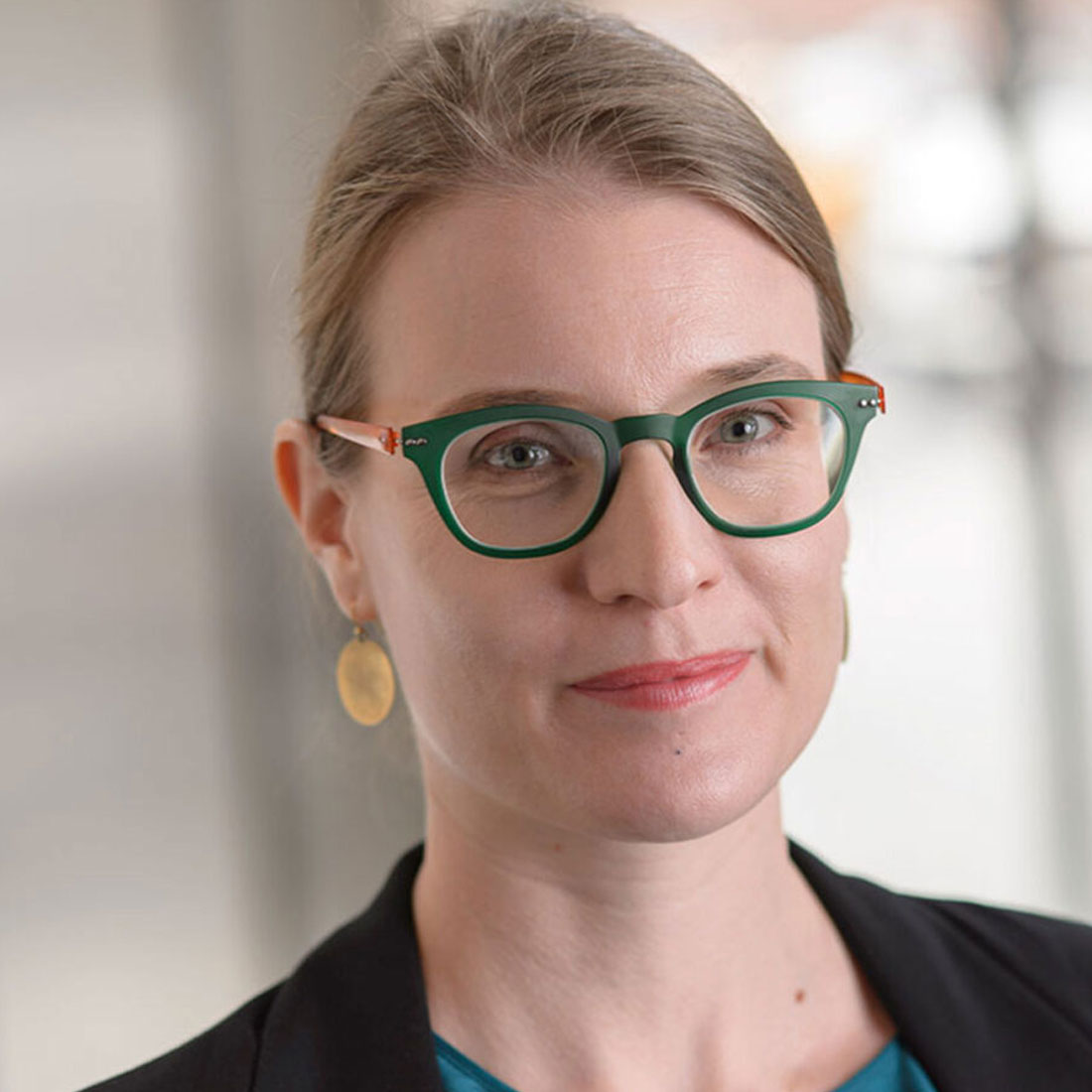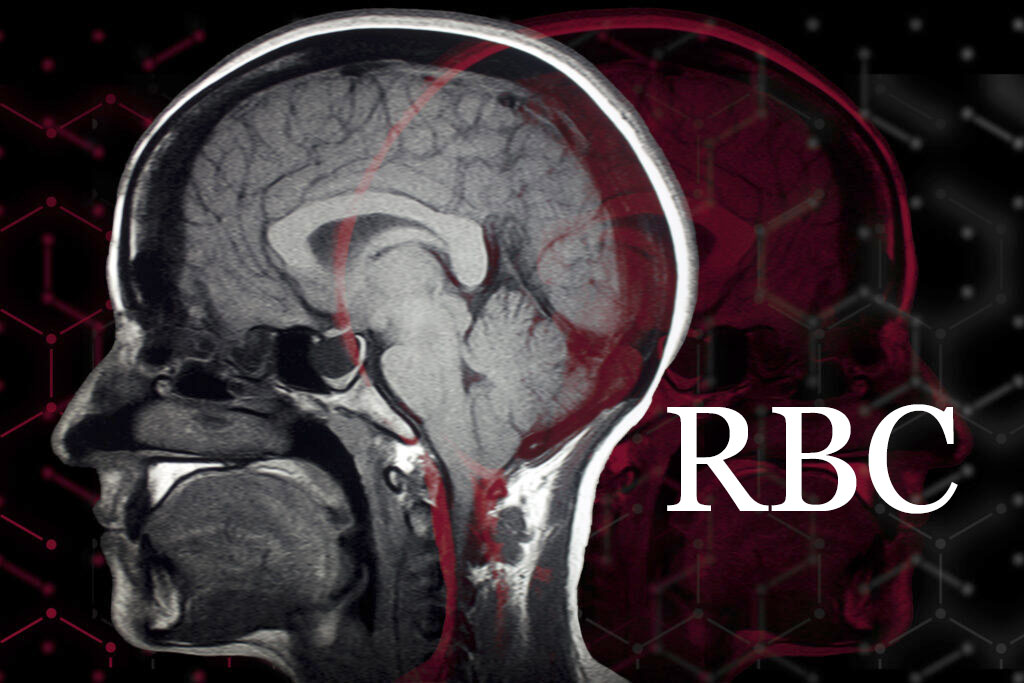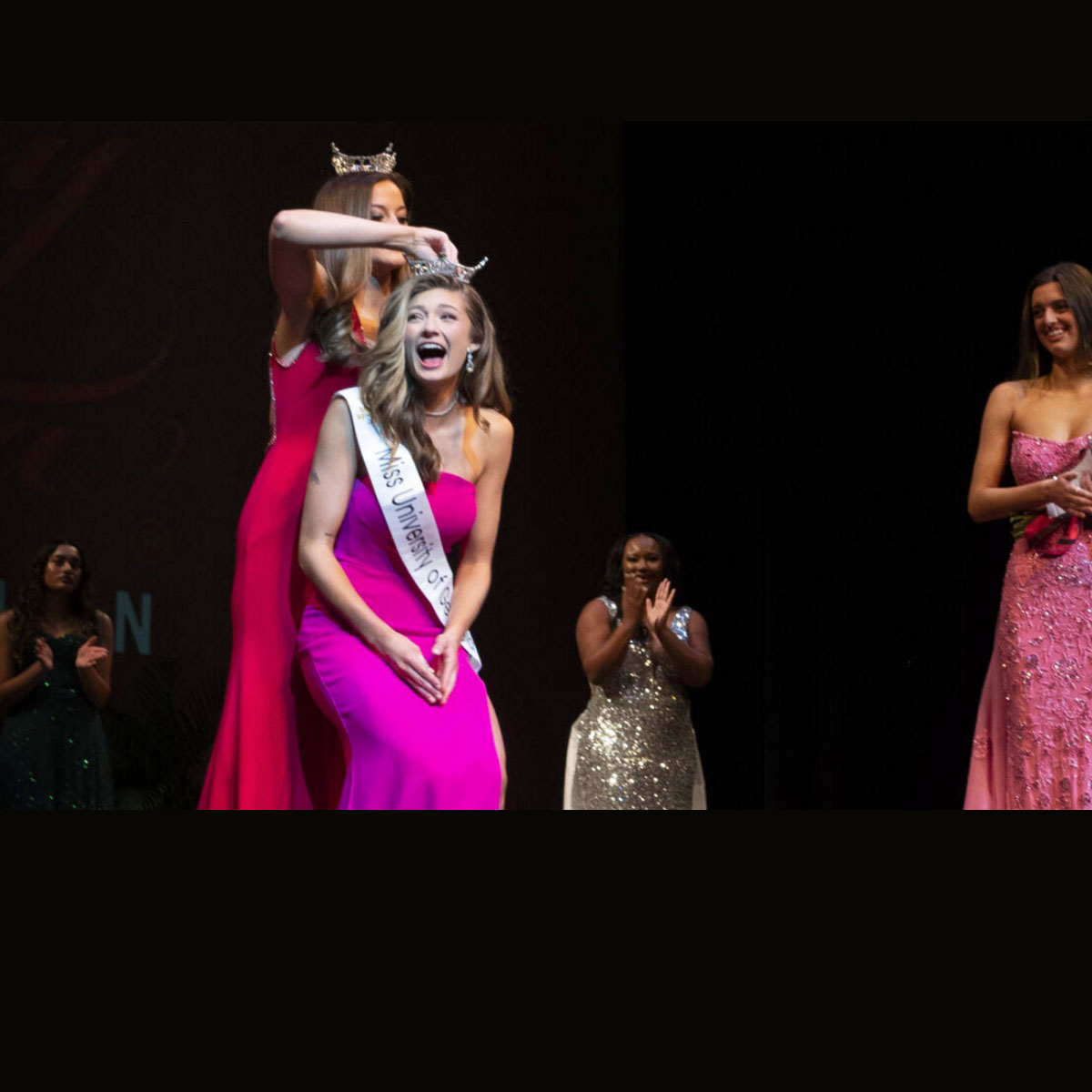Charlene Betourney
-

For the seventh consecutive year, the University of Georgia set a research and development record with $654 million in related expenditures during fiscal year 2025, representing a 4.1% increase over the previous year. Since 2015, UGA’s R&D activity has grown by 75%. Research funding from federal, state and private sources provides vital resources that fuel…
Posted in: Research -

Yaochao Zheng, PhD candidate in the Yao lab was recently asked to present at the national Vesicle Vibe AAEV Virtual Seminar Series. The series was created to offer an educational platform for junior faculty, postdoctoral fellows, and students involved in cutting edge EV research. Read more about the lecture series.
-
 Posted in: Research
Posted in: Research -

Congratulations, Marzan! You make the RBC proud! Marzan has been a driving force in several collaborations with other labs studying Alzheimer’s disease and traumatic brain injury models. His persistence, collaborative mindset, and technical expertise have moved these studies forward and strengthened the connections between research teams within the RBC! The Graduate Degree Accelerator, formerly known…
-
 Posted in: Research
Posted in: Research -
 Posted in: Research
Posted in: Research -




